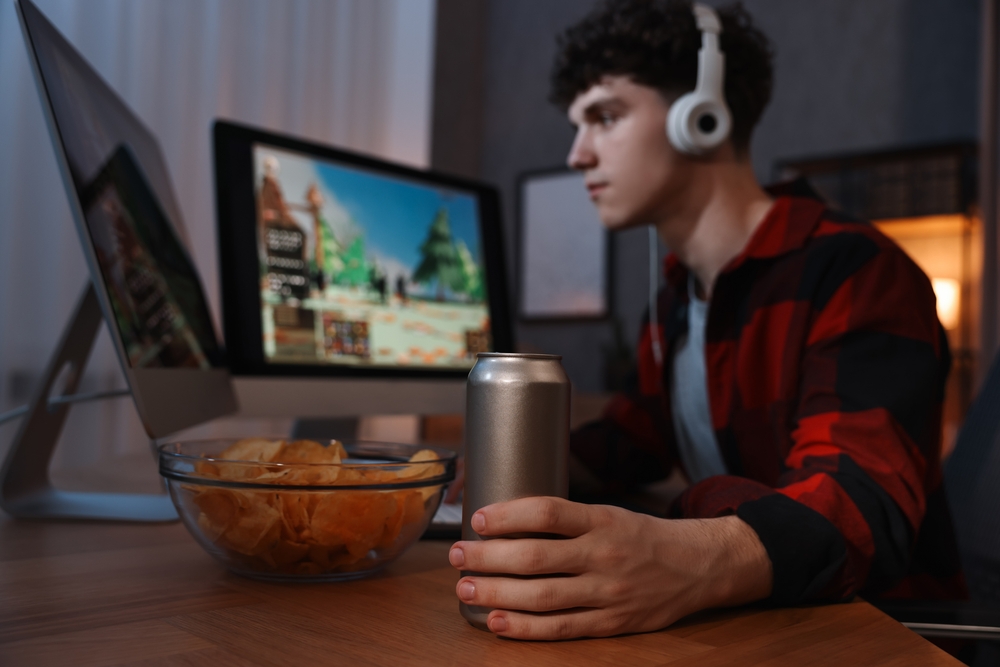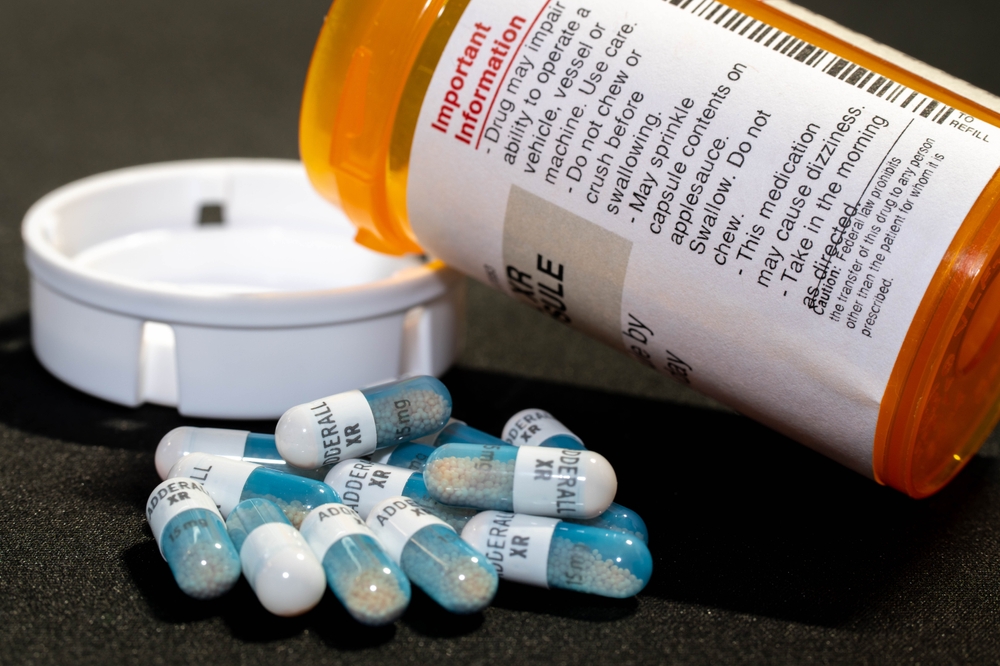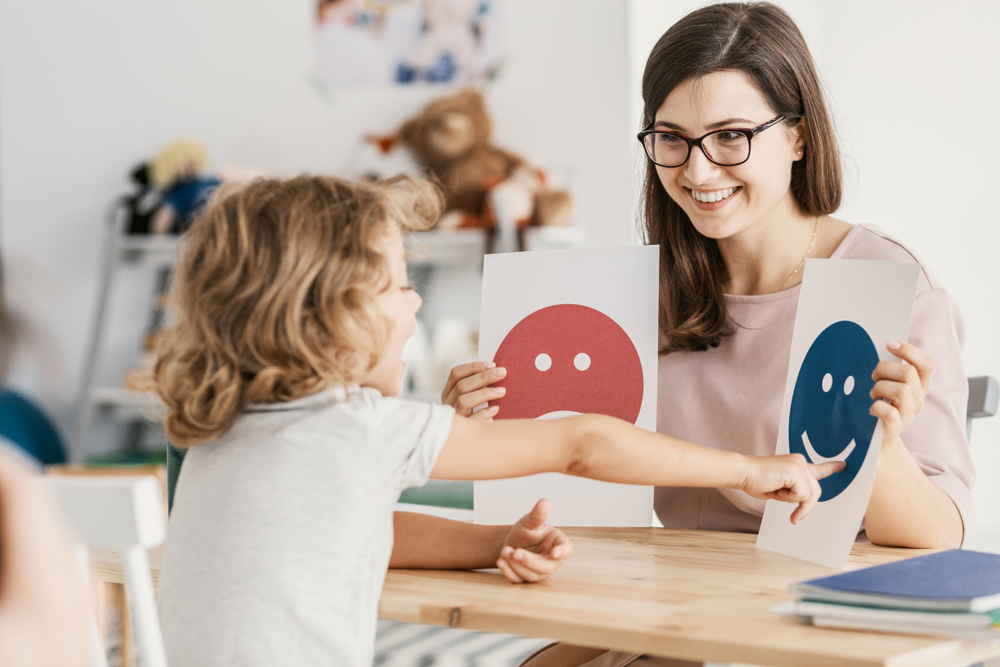Energy drinks were first invented in the 1960s in Japan, and since then, they have taken the world by storm. However, as fantastic as they are – are energy drinks safe for people with ADHD? The relationship between energy drinks and ADHD is a complicated one, and studies are still trying to understand it completely, but one thing seems to be for certain: energy drinks and ADHD are not the best pairing, and in fact, energy drinks are not very good for anyone at all.
But, why? And what other options are there for trying to improve your focus if you have ADHD, or even if you don’t? We will go through all the details in this blog, covering how energy drinks impact people with ADHD, the role of caffeine in ADHD management, and more.
At the Brain Workshop, we are dedicated to helping you traverse the world of ADHD, autism, and more. From helping you see the early signs of ADHD in children and debunking ADHD myths, to helping you manage ADHD in the workplace and support in schools.
How do Energy Drinks Affect People with ADHD?

Caffeine is a stimulant and the reason why energy drinks give you energy. For neurotypical people, caffeine can help with alertness and increase focus, but too much caffeine can also have negative effects, like insomnia, upset stomach, migraines, and more.
People with ADHD can experience very different effects from caffeine, however. Some individuals can feel sleepier after having caffeine and general paradoxical effects, but this won’t be the case for everyone.
It’s also important to mention that the sugar in energy drinks also leads to a spike in energy levels in people. Whether you have ADHD or not, this is key to remember, and especially important if you are diabetic or have insulin resistance, as there can be additional negative effects of consuming these drinks.
So, energy drinks can temporarily improve focus due to caffeine, but for individuals with ADHD, they may also increase anxiety, restlessness, and heart rate, making moderation essential. For some people, it might even be recommended to avoid caffeine altogether, but this is something that you should speak to your doctor about, or try cutting down on caffeine intake to see if you notice any improvements.
The Role of Caffeine in ADHD Management

There has been research to suggest that caffeine can help with improving reaction times, logical reasoning, vigilance, and better focus for many people. Since caffeine is a stimulant, and stimulants are often used to treat ADHD, it can help some people with ADHD manage their symptoms.
Stimulants work by increasing and balancing neurotransmitters to help with symptoms by increasing activity in parts of the brain that help with focus, but there are also non-stimulant options to help with this disorder.
Risks of Energy Drinks for ADHD Symptoms
Everyone can experience the negative side effects of too much caffeine from energy drinks, but some individuals with ADHD might feel them more strongly. ADHD-related symptoms can quickly get worse when caffeine is ingested, making it a difficult substance to moderate, especially if you feel reliant on it.
5 Risks of energy drinks for people with ADHD:
- Irritability
- Insomnia
- Anxiety
- Upset stomach
- Muscle tremors
Sugar can also make ADHD symptoms much worse and can cause dysregulation, as sugar will also stimulate dopamine in the brain. Sugar will also stimulate opioid receptors within the brain, which will make you crave more sugar. As many of us will already know, sugar can cause significant health-related issues, including increased risk of diabetes as well as bad dental health such as cavities.
Types of sugars to watch out for:
- Agave
- Dextrin
- Corn syrup
- Molasses
- Sucrose
- Dehydrated cane juice
- Rice syrup
- Dextrose
If you have ADHD, you can still enjoy the occasional energy drink, but we recommend being mindful of your intake. If possible, we would suggest looking for options that contain less sugar and less caffeine, as these two ingredients will likely have the biggest negative effect on you and your ADHD symptoms.
Some safe drinks for ADHD management include decaffeinated drinks. If you love hot drinks, there are caffeine-free teas available or decaf coffee, but there are all kinds of drinks to try if you want to avoid caffeine and help with your ADHD symptoms.
Are Energy Drinks a Safe Alternative to ADHD Medication?

Energy drinks are absolutely not a safe alternative to ADHD medication, and it is not recommended to attempt to use energy drinks to self-treat or medicate ADHD. Not only are energy drinks typically full of sugars and a combination of other ingredients that aren’t very good for you, but caffeine impacts everyone in different ways.
While caffeine intake can have a calming effect on some people with ADHD, this will not be the case for everyone, either. It’s also important to remember that too much caffeine (over 400 milligrams) can lead to a variety of unpleasant side effects, such as irritability, migraines, insomnia, upset stomach, and more.
Studies have also looked into the effectiveness of caffeine as an ADHD medication, and found that the accepted treatment options such as Methylphenidate and Lisdexamfetamine are far more effective. So, while you can enjoy caffeine in moderation, we implore you to exercise caution in your quantities, and don’t let it impact your life by worsening sleep schedules and irritability.
Safer Ways to Boost Energy and Focus with ADHD
Many people with ADHD struggle with focus and energy, and this can be debilitating. However, there are some things that you can try and do to help improve your energy levels and make you focus more, but they don’t all come easy.
Difficulty with focusing can often make people with ADHD feel lazy, even when this isn’t the case. A short attention span can be frustrating to deal with, and improving it is not something that can be done overnight. Getting support where needed, and having an ADHD-friendly home environment are all incredibly useful, and this can come in many different forms.
Try More Structure
One thing that people with ADHD often struggle with is structure, and it’s easy to get overwhelmed with day-to-day life and tasks. By adding more structure to your life and daily routine, you should be able to better organise everything and follow through with tasks to help with executive dysfunction.
Put together a ‘game plan’ that works for you – this could be using a calendar or timetable, or creating something else that works for you. You might be surprised by how this can help with energy levels, as you spend less time (and energy) worrying about it.
Exercise Every Day
Daily exercise is important for everyone, but it could be even more crucial for people with ADHD. Cardiovascular exercise in particular is fantastic, as it releases endorphins and increases the release of dopamine – a motivational transmitter.
Take a Moment and Have Fun
It’s important to step back from work and everything that might be stressing you out and have some fun. Without fun, our brains will just get increasingly tired and stay in survival mode, and this is exhausting. Make sure that you take a break from work when you need it and so something you love, whatever that might be.
How The Brain Workshop Can Support ADHD Management

Looking for healthier ways to manage energy and focus with ADHD? Contact The Brain Workshop today for expert advice and support tailored to your needs. And if you want to get tested for ADHD, we can help with that, too.
So, the relationship between energy drinks and ADHD is complicated, but the general consensus is that they are not a good mix. If you love your energy drinks, however, we highly recommend doing so in moderation.
If you would like to learn more, please don’t hesitate to contact us at the Brain Workshop and find out more about us, our team, events, or even read our FAQ. Want to do some extra reading? Check out our blogs on whether Elon Musk has ADHD, if ADHD can develop later in life, and if brain rot relates to ADHD.






